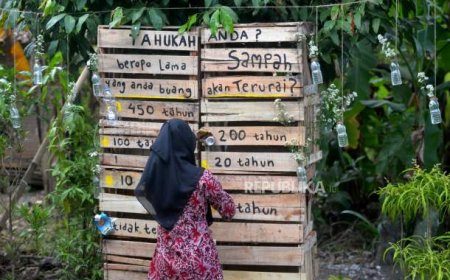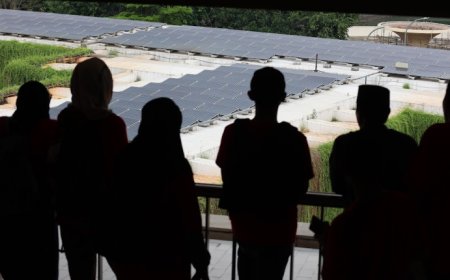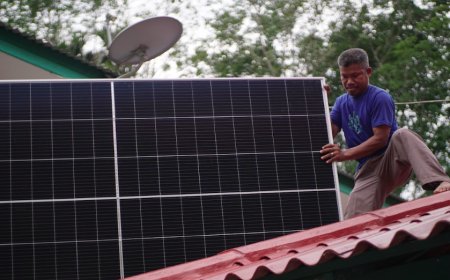Saudis asked not to be wasteful during Ramadan
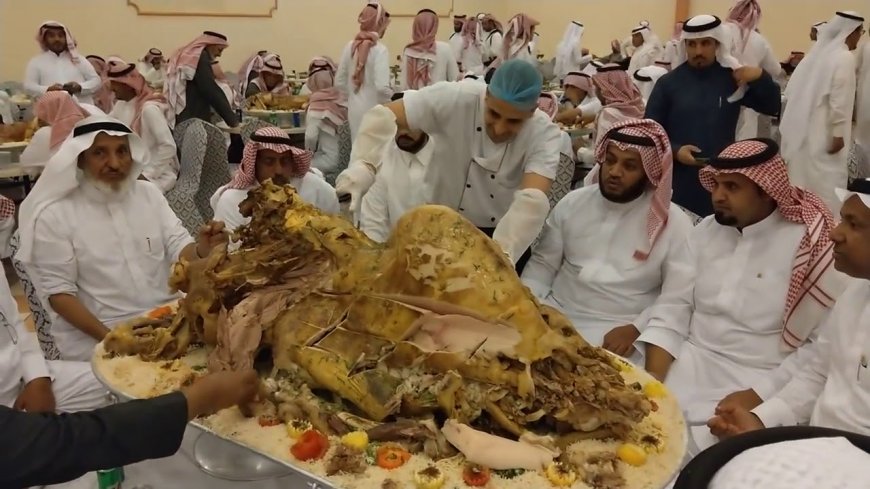
MOSAIC-INDONESIA.COM,JAKARTA -- Ramadhan 1445 H/2024 is expected to be able to reduce the behavior of Muslims in wasting food. The Saudi government revealed that a large amount of meat ends up in final disposal sites and rubbish dumps during the month of Ramadan. This waste creates challenges for the agricultural sector.
A study in Saudi Arabia reported by Arab News revealed that the average Saudi citizen throws away more than 184 kilograms of food every year. In total, there are four million tons of food thrown away by Saudi citizens every year nationwide.
This amount is equivalent to a loss of 18.9 percent of total food availability. If nominalized, the value of lost food reaches 10.7 billion US dollars per year. Experts say one of the main factors causing the large amount of wasted food in Saudi is the decline in public awareness of food waste.
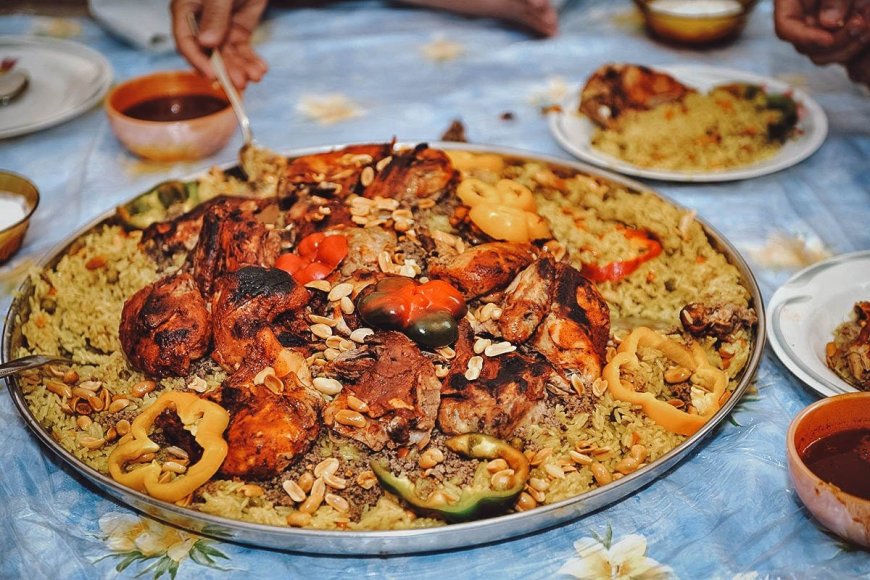
Data from the Ministry of Environment, Water and Agriculture shows that 444,000 tonnes of poultry meat is wasted every year in Saudi Arabia, 22,000 tonnes of lamb, 13,000 tonnes of camel meat, 69,000 tonnes of fish and 41,000 tonnes of other types of meat.
Officials urge the public to be more aware of the importance of reducing meat waste and adopt more rational consumption patterns to overcome this challenge. In this way, Saudi citizens can contribute to helping achieve sustainable development goals, and preserving natural resources.
They highlight the importance of proper planning before purchasing food. Saudis are also asked to consider the number of people they are feeding, and not to serve excessive amounts of food at one meal. They also recommend saving leftovers to use at the next meal, or donating any uneaten food.
The ministry also said it had introduced several initiatives designed to raise awareness of issues surrounding food waste and encourage the public to adopt more sustainable consumer behavior. This includes campaigns to educate the public about how to reduce and preserve meat and reduce waste, including through improved storage and refrigeration.
According to the ministry, rational behavior is needed when people break their fast during the month of Ramadan, to help reduce the amount of meat wasted in the kingdom during the holy month of Ramadan.
Food Banks in Dubai
Meanwhile, the United Arab Emirates Food Bank distributed five million meals for the needs of UAE residents to break their fast. On average, 166,666 meals are distributed every day to local and international beneficiaries.
Reporting from Dubai Municipality, this initiative aims to provide food for more than half a million families and more than three million workers. Not only that, the UAE Food Bank also collects and distributes excess food and minimizes food waste.
“Enabling the bank to act as a comprehensive humanitarian system, efficiently monitoring excess food, minimizing waste and facilitating global distribution to beneficiaries," said H.E. Dawoud El Hajri, Deputy Supervisory Board of the UAE Food Bank. "The aim is to divert 975 tons of food from waste disposal during Ramadan, equivalent to planting 102,135 trees every year," he added.
He added that more than 5,000 volunteers would participate in supporting the implementation of bank activities during Ramadan. It also collaborates with more than 350 strategic partners, including food facilities, hotels and restaurants, to be involved in this initiative.
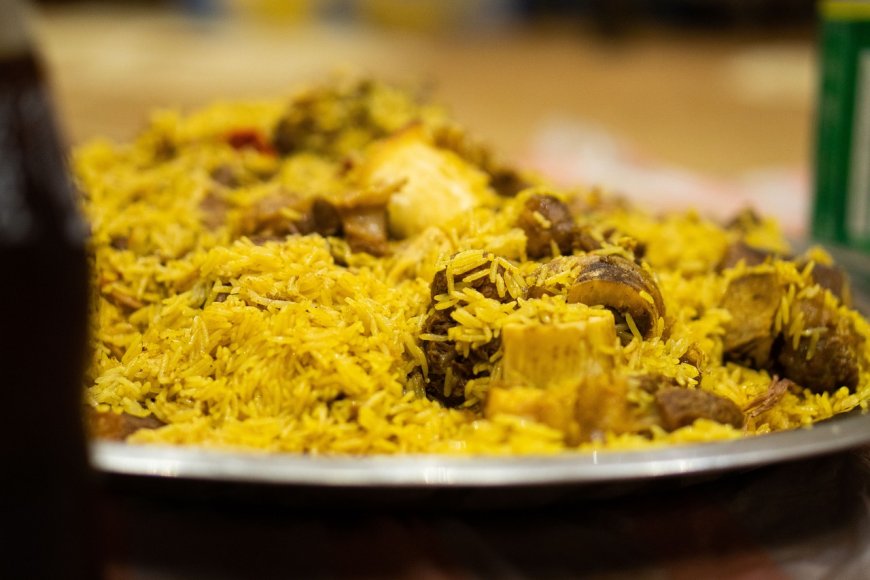
The Food Bank has reached 35 million beneficiaries locally and globally since its founding in 2017. “The United Arab Emirates has been dedicated to consolidating the principles of kindness and generosity, through its commitment to humanitarian work and supporting initiatives aimed at advancing global food security. ”
The UAE Food Bank’s ‘Food Rescue’ initiative seeks to recycle food unsuitable for human consumption, diverting it from landfills and turning it into fertilizer. This will be implemented in collaboration with the National Food Loss and Waste initiative ‘Neama’ and partnerships with the private sector. This initiative aims to recycle 1.5 million portions of excess food and turn them into fertilizer that will be distributed to farmers in the Hatta area.
Since its founding in 2017, the UAE Food Bank has successfully distributed food to more than 35 million beneficiaries, both locally and globally. In the last year alone, its initiatives and campaigns reached more than 18 million and 617,000 beneficiaries worldwide, implementing more than 105 awareness programs with around 9,843 participants.

